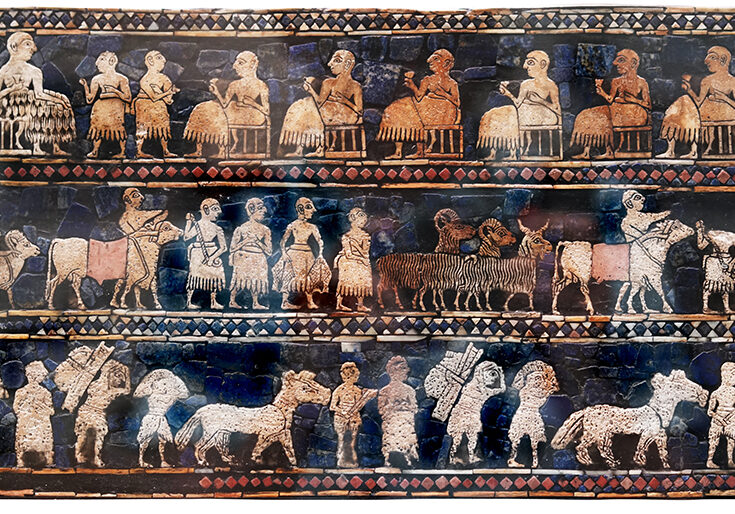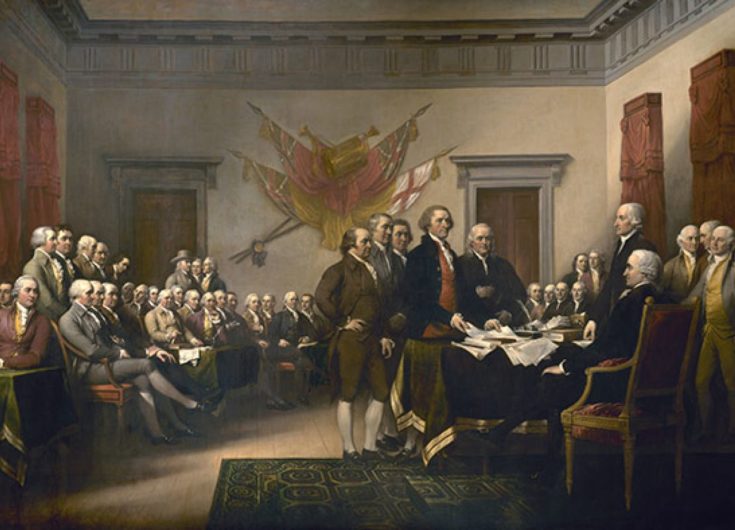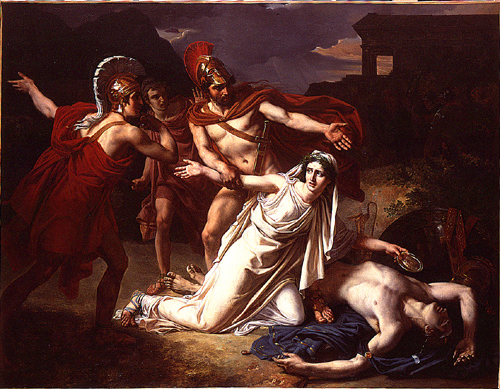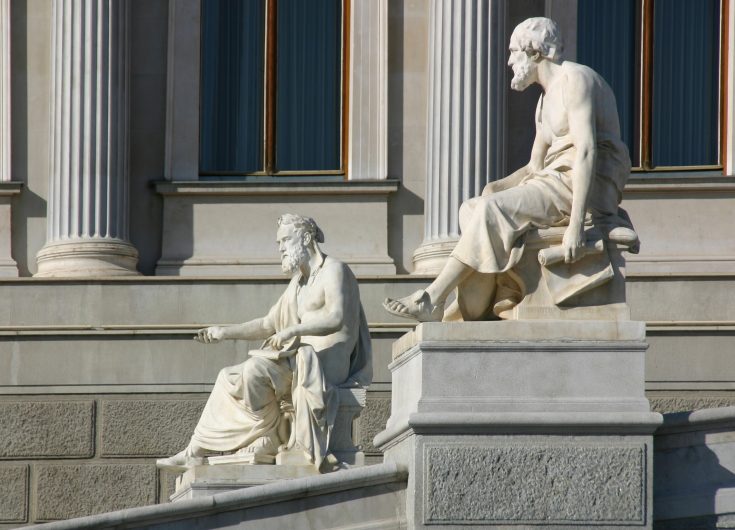

Fusing Politics and Scientific Innovation: Vannevar Bush’s “Modern Arms and Free Men”
In the aftermath of the Second World War, engineer and chief science advisor to Franklin Delano Roosevelt Vannevar Bush wrote "Modern Arms and Free Men: A Discussion of the Role of Science in Preserving Democracy." World War II had been marked by incredible technological innovations that changed the course of the war, culminating in the atom bomb. The lessons of that war, Bush hoped, would help chart a course for the United States through its new confrontation with its ally-turned-adversary, the Soviet Union.





